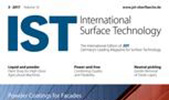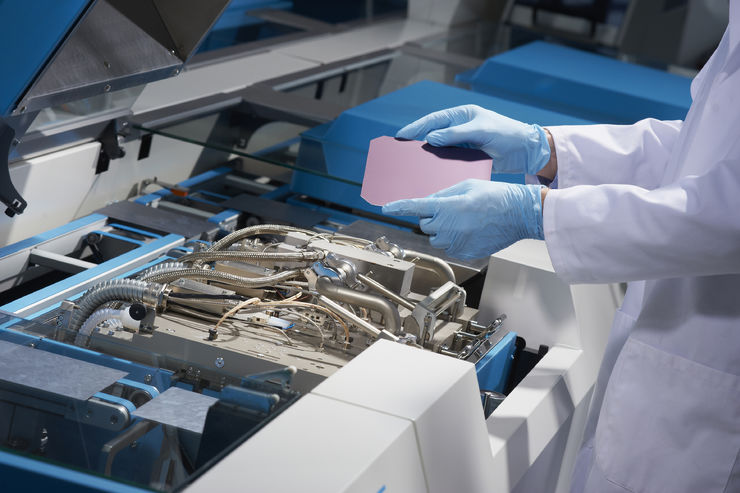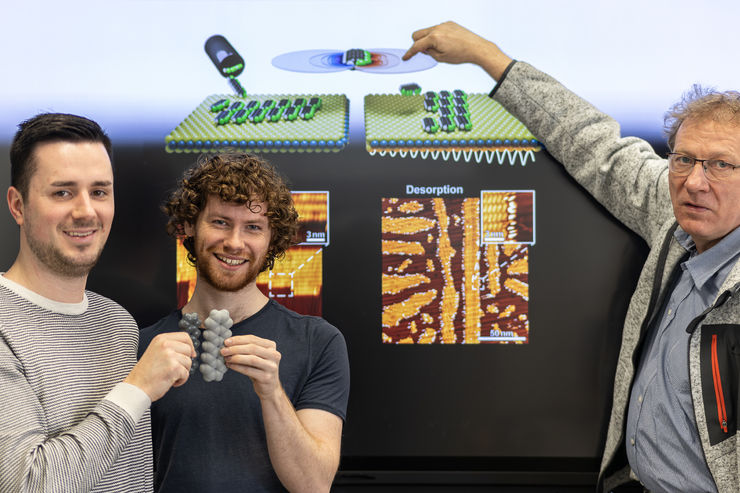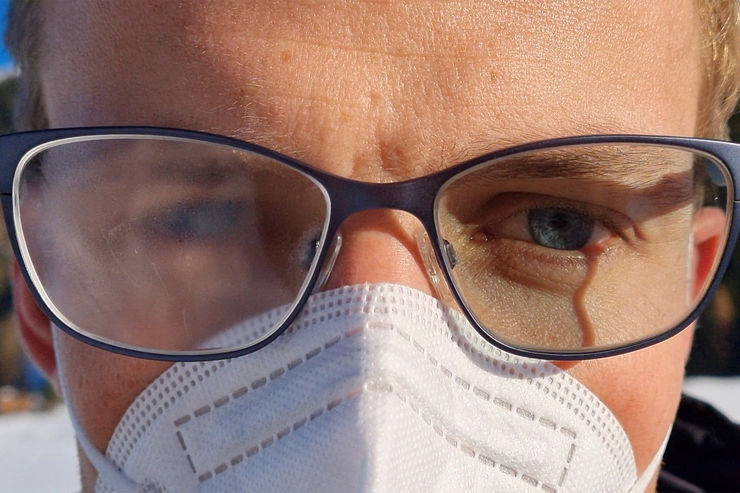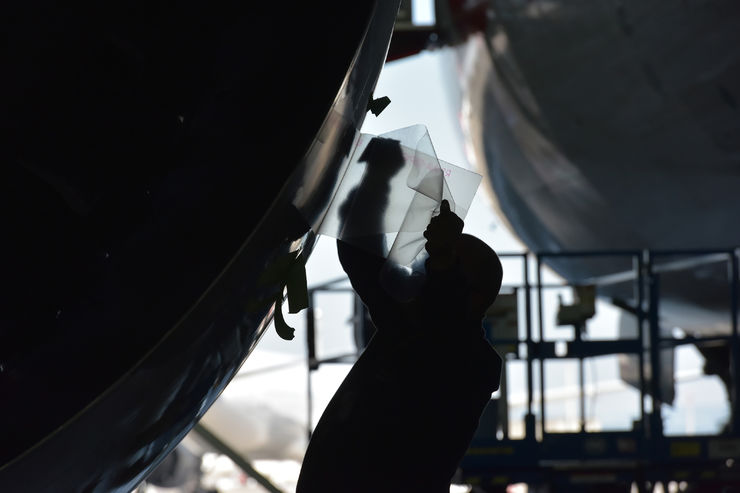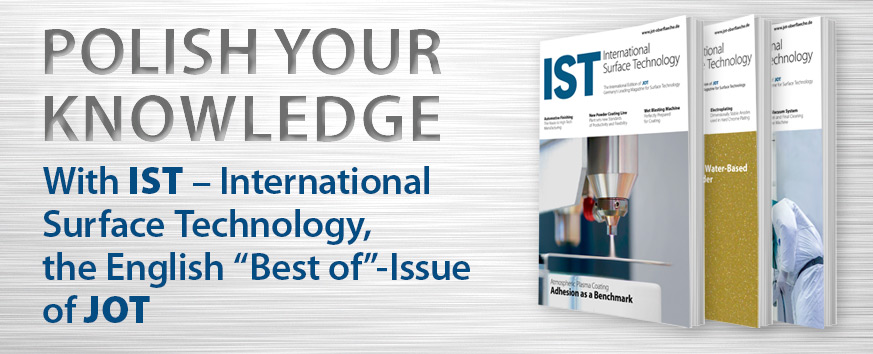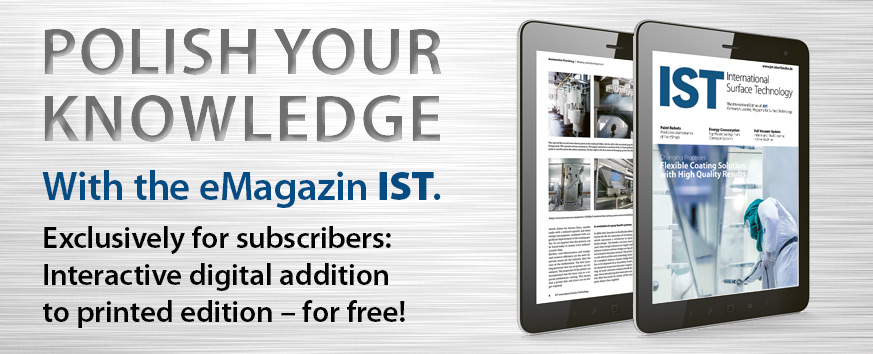The Solar Energy Research Institute in Singapore (SERIS) has upgraded its Atomic Layer Deposition (ALD) machinery to the newer Spatial Atomic Layer Deposition (SALD) process. The Dutch company SALD BV has developed SALD, a unique process for depositing three-dimensional coatings as thin as a single atom on an industrial scale. These nanocoatings are said to be capable of revolutionizing numerous industrial manufacturing processes and thus entire industries. In the solar industry, SALD coatings for the new generation of perovskite silicon tandem solar cells should make it possible to achieve power conversion efficiencies far beyond the theoretical limit of pure silicon. This is precisely the area in which SERIS plans to use the new SALD system. Thanks to the process, new solar cell materials can be applied, including tin oxides and transparent conductive oxides, as well as passivation and tunnel recombination layers. It is planned to make the technologies developed at SERIS available to industrial solar cell manufacturers in the future through licensing agreements. Perovskite solar cells are particularly efficient, easy to process and inexpensive to manufacture, but still present technical challenges in terms of their stability. By applying an atom-thin coating, as can be achieved with SALD technology, the cells become significantly more robust. SERIS aims to make this leap "from lab to fab" with the new SALD machine. The potential for perovskite solar cells is huge: According to forecasts, the global market is expected to exceed two billion dollars as early as 2027.
Autor(en): wi

